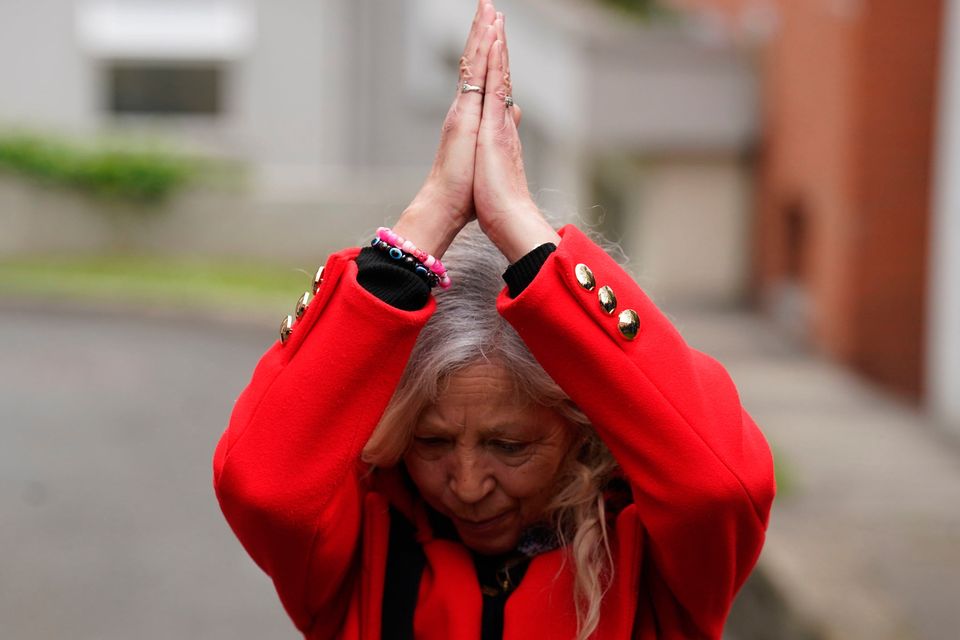Editorial: After being failed by officialdom for decades, the least Stardust victims now deserve is a criminal inquiry
Stardust survivor Antoinette Keegan, who lost her sisters Mary and Martina, outside Dublin Coroner's Court after a verdict of unlawful killing was returned in the Stardust fire inquests. Photo: PA
At the Valentine’s disco on February 13, 1981, Antoinette Keegan was with her two sisters. A blaze had started and they had to get out.
A fireball fell from the ceiling. They were just six feet from the door. Then the lights went out. And from then until now, Ms Keegan and the relatives of the 46 other victims of the Stardust disaster have not known what happened. Now they finally know. All the victims were unlawfully killed.
Justice will not fill the void, but at least it is a recognition of a grave wrong. Nor can it take away the hurt, but it registers that victims and families cannot be officially abandoned, even if it has taken over four decades to acknowledge. If they died unlawfully, there is culpability.
In the aftermath of the blaze, relatives only had the solace of their tears. All of Dublin seemed to weep with them in a nation numbed by grief. But if the people were moved, the State seemed implacable.
It is accepted that the universe does not trouble itself with condolence or consolation, but those devastated families deserved better treatment than that offered by officialdom.
Along with the gaping hole in their lives where their loved ones once had been, they would discover another vacuum when it came to getting answers.
No one would be accountable, and no explanations would be forthcoming.
The loss of so many young lives under such heart-shattering circumstances was unfathomable. But the State’s ill-fated attempts at investigation or inquiry, would still come to naught.
Being left without recourse compounded the sense of affliction for families. But undaunted by delays and stony silences, they followed their grievances through legal labyrinths. They never gave up. Their spirited determination to find out what had happened was never less than heroic. Setback after setback was absorbed.
They even had to wait until 2009 for a baseless finding that the fire was started deliberately to be struck out. In her evidence to the coroner’s court, Ms Keegan recalled how she made it to an exit, but the door was locked with a chain. “My last words I ever remember saying in there before I lost consciousness were, ‘Oh, God help us’,” she said.
Dublin District Coroner’s Court has heard so many similar stories as survivors relived memories of being severed from those they cherished.
As the final verse of Christy Moore’s ballad They Never Came Home put it:
“Days turn to weeks and weeks turn to years
Our laws favour the rich, or so it appears
A woman still waits for her lads to come home
Injustice breeds anger and that’s what’s been done.”
And so it proved – until coroner Dr Myra Cullinane’s verdict.
Her compassion and professionalism throughout the year stood out. A criminal investigation is now the very least the victims and families deserve.
Join the Irish Independent WhatsApp channel
Stay up to date with all the latest news















